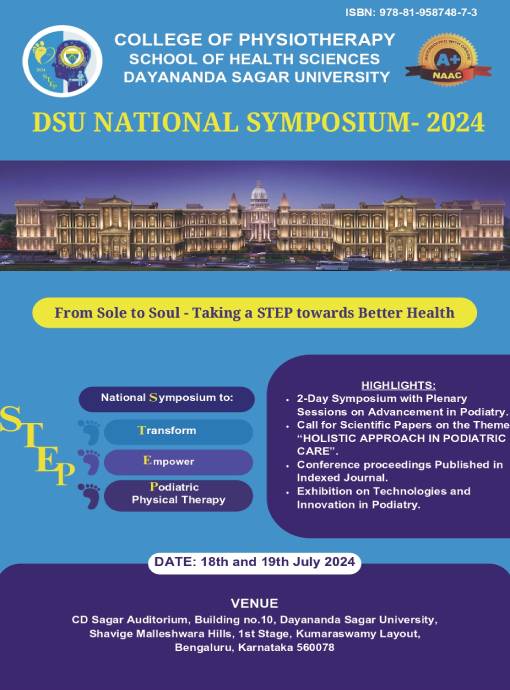Assessing the Effectiveness of Education and Training Regarding Breastfeeding Practices Among Primiparous Mothers with Special Reference to Assessing Knowledge, Attitude, and Practices – An Interventional Study
DOI:
https://doi.org/10.18311/DSUPHY/9788195874873/2024/035Keywords:
Breast Feeding; Education; Primiparous Mothers; PhysiotherapyAbstract
Introduction: Breastfeeding is crucial for child health and survival, providing essential nutrients and protection against diseases. This study assesses the effectiveness of education and training on breastfeeding practices among primiparous mothers, focusing on knowledge, attitudes, and practices to enhance maternal and child health outcomes. Aim: The aim of this study was to assess the effectiveness of education and training regarding breastfeeding practices among primiparous mothers with special reference to assessing knowledge, attitudes, and practices. Methodology: A non-randomized, single-group Interventional study using purposive sampling involved 35 primiparous mothers (aged 18-28). Participants completed pre-tests with a content-validated Breastfeeding knowledge, attitude, and practices (BF-KAP) Questionnaire, followed by a 3-day-per-week educational program. Post-intervention, the same questionnaire assessed changes in knowledge, attitudes, and practices. Result: The reliability coefficient of the questionnaire is >0.7 and hence, it is reliable. The pre and post-test results were compared and there was a significant difference (p<0.05) in breastfeeding knowledge, attitude, and practices from the pre-test to the posttest. Thus there was a significant improvement in the knowledge, attitude, and practices post-intervention. Conclusion: The study demonstrated that education and training significantly improve breastfeeding knowledge, attitudes, and practices among primiparous mothers. The significant difference in pre-and post-test results indicates the effectiveness of the intervention, highlighting the importance of targeted educational programs in enhancing maternal and child health outcomes.
 Varsha V. Kumar
Varsha V. Kumar
